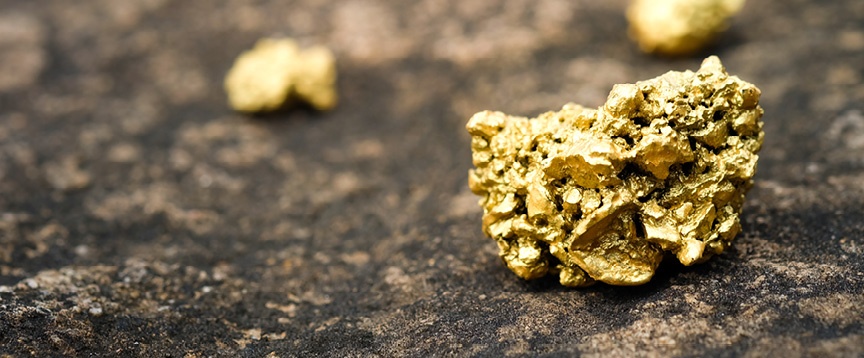
This week we feature guest author Haley Wadel, Customs Consultant, Global Trade Advisory Services. Since 1997, Tradewin has been providing expert import and export advice to clients all over the world. Combined, their skilled team of Customs brokers, lawyers, accountants, and other professionals possess more than 400 years of experience. Together, they have helped thousands of clients save more than $50 million in duties, guiding them through the ever-changing and complex arena of international regulations as effortlessly as possible. Tradewin is a wholly-owned subsidiary of Expeditors.
Around this time last year, a Chinese-owned gold mining company was gifting cash and guns to local militias, while at the same time smuggling approximately $17 million of gold out of the Democratic Republic of Congo (DRC).
If you happen to be reading this on a mobile device, you currently have gold embedded in an electronic circuit right beneath your fingertips…
Where did that gold come from? Why should you care?
Well, conflict minerals and the extensive human rights concerns associated with mining these resources have been the focus of the United States Congress since 2010 when they enacted legislation that requires certain public companies to provide disclosures about the use of specified conflict minerals sourced from the DRC and its adjoining countries.
The law, Section 1502 of the Dodd-Frank Act is intended to provide transparency to the financial interests that support armed groups in the Great Lakes Region of Africa. Section 1502 is applicable to all Securities Exchange Commission (SEC) “issuers,” including foreign issuers, that manufacture or contract to manufacture products in which conflict minerals are necessary to the functionality or production of the product.
What does this mean to you?
If your supply chain sources conflict minerals, aka 3TGs, (columbite-tantalite - the metal ore from which tantalum is extracted; cassiterite - the metal ore from which tin is extracted; wolframite - the metal ore from which tungsten is extracted; and gold; or their derivatives), you are required to report to the SEC that you have demonstrated country of origin due diligence reviews to ensure, in part, that the sale of these conflict minerals did not contribute to the perpetuation of armed violence, instability, insecurity and associated human rights violations.
The Conflict Minerals reporting process is continually developing and companies are evolving year-to-year in order to make the process more efficient and effective. Tradewin can help simplify your process and make reporting much less of a hassle, while still satisfying your due diligence requirement.
Through our program management skills and proprietary systems, we can help you communicate the reporting requirements with your suppliers, manage the surveying of your suppliers, organize and compile your supplier responses, and effectively manage any areas of risk within your supply chain.





